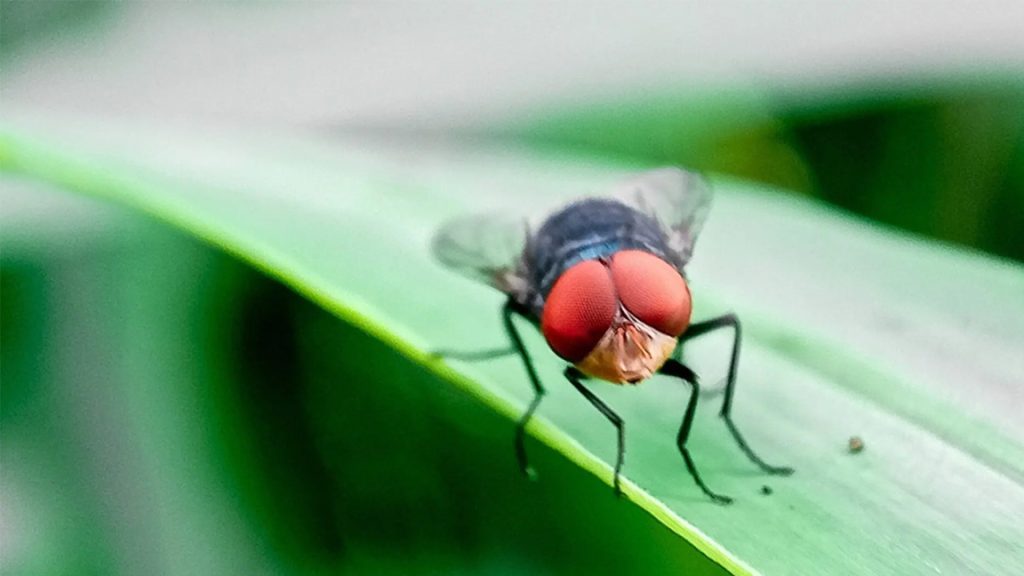MEXICO CITY (AP) — The United States has announced a 15-day suspension of Mexican exports of live cattle as part of a review of the joint strategy to combat the spread of the screwworm, according to Mexico's Agriculture Secretary Julio Berdegué, who shared the information via social media on Sunday.
In his post on the platform X, Berdegué noted that he had a conversation with his U.S. counterpart, Brooke Rollins, who informed him of the suspension decision. Despite expressing disagreement with the measure, Berdegué conveyed optimism about reaching an agreement soon.
This suspension follows previous restrictions that the U.S. imposed on Mexican cattle exports in late November due to the detection of the screwworm pest. However, the ban was lifted in February after new protocols were established to assess the health of the animals before they enter the United States. The most recent decisions were prompted by what the U.S. Department of Agriculture described as an "unacceptable northward advancement" of the screwworm.
The screwworm is the larval form of the Cochliomyia hominivorax fly, which poses a significant threat to any warm-blooded animals, including humans. The parasite can invade the tissues beneath the skin, resulting in severe injuries and, in some cases, can be fatal if left untreated.
Concerns have escalated following an epidemiological alert issued by Mexico’s Health Ministry earlier this month, which confirmed the first human case of screwworm myiasis on April 17. The affected individual is a 77-year-old woman residing in the southern state of Chiapas. The emergence of this case has heightened fears regarding the potential impact of the screwworm on public health.
The screwworm's potential to threaten both livestock and humans highlights the urgency of coordinated actions between Mexico and the United States to manage its spread effectively and prevent further cases.












